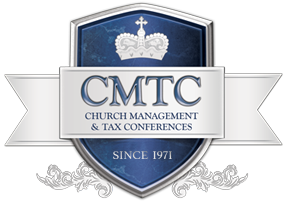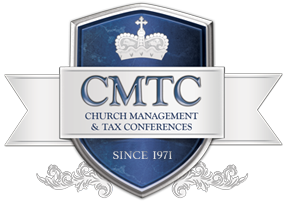Just Because the Donation Was to the Church Doesn’t Qualify it as Tax Deductible – Part II
As we discussed in the previous blog, Christmas is a most generous time of the year. Those who are not philanthropic the first 11 months of the year are often overcome by a sense of need to give of their bounty to others. For others it is the time of the year when additional tax deductions are needed, and therefore, they will give a little more to their local House of Worship.
Just because the gift is to a Church does not make it tax deductible. There are rules that must be met if the donation is to be granted tax deductible status.
There Are Rules Attached to Contributions
There are limits to the amount of contributions a taxpayer may deduct. Most contributions are limited to 50% of adjusted gross income. If it is capital-gain property, the limit is 30%. Contributions to private foundations and certain other organizations are limited to 30%, while capital-gain property to them is limited to 20%.
Any taxpayer that incurs out-of-pocket expenses on behalf of the Church may deduct the cost of those expenses. However, volunteers cannot deduct the value of their time or services rendered on the Church’s behalf.
The donor and donee should take extra precaution with noncash donations. The Church cannot assess a value to the contribution. This responsibility is solely that of the donor.
If automobiles, boats, or airplanes are given, there are rules the IRS has put in place to stop taxpayers from claiming a value far in excess of the actual value of the vehicle. When a vehicle is donated, if the Church sells the vehicle, the donor may only deduct the amount for which the item was sold. If the Church keeps the vehicle to use to further its exempt purpose, or donate it to a needy family, the taxpayer may deduct the fair market value. The Church must provide the donor with a 1098-C within 30 days of the sale of the vehicle, or within 30 days if the Church keeps the donated vehicle. Much information must be included on the 1098-C. Contact Chitwood and Chitwood at 800-344-0076 for information on the proper preparation and filing of this form. Failure to file it correctly may result in penalties for the Church.
If there are goods or services received as a result of the donation, other than non-tangible spiritual benefits, or education, the donation is not tax-deductible unless the token gift received is $9.10 or less for contributions of $45.50 or more in a given year.
If a volunteer incurs out-of-pocket expenses that exceed $250.00 in the performance of duties for a single event for the Church, the Church is to acknowledge that expenditure with a letter to the effect that the expense was incurred by the volunteer on behalf of the Church. The letter can only acknowledge the volunteer’s participation. It cannot assign a dollar value. Let me remind the reader that one’s services are not deductible!
Contributions Made to an Individual
If a donor makes a gift to someone within the Church, the individual does not get a tax-deduction for that contribution, neither does the one receiving the gift report it, because the contribution did not occur through the Church.
The Pastor cannot receive gifts from the Congregation in lieu of a salary. The IRS would rule that such a gift was disguised as compensation and would be taxable. This applies only in cases when the Pastor has rendered no special services for the member.
Virtual Money
Virtual currency such as Bitcoins, are a type of unregulated, digital money. Federal guidelines do not recognize this as cash for purposes of charitable contributions and therefore is treated as a noncash gift.
In Conclusion
This blog is just a small sample of the precautions which should govern contributions. This is why Churches should outsource to Chitwood and Chitwood! As the ultimate authority in Church and Clergy Tax issues, all of our staff are highly trained and motivated to ensure the protection of the Church and its contributors.
Just because the section on Schedule A for charitable contributions seems simple and straightforward, there are exceptions and what seems simple can become complicated. At Chitwood and Chitwood we know the details of charitable contributions that are necessary so that the maximum deductions for those contributions may be obtained. Contact us at 800-344-0076.
Do not trust just anyone – trust the best!

